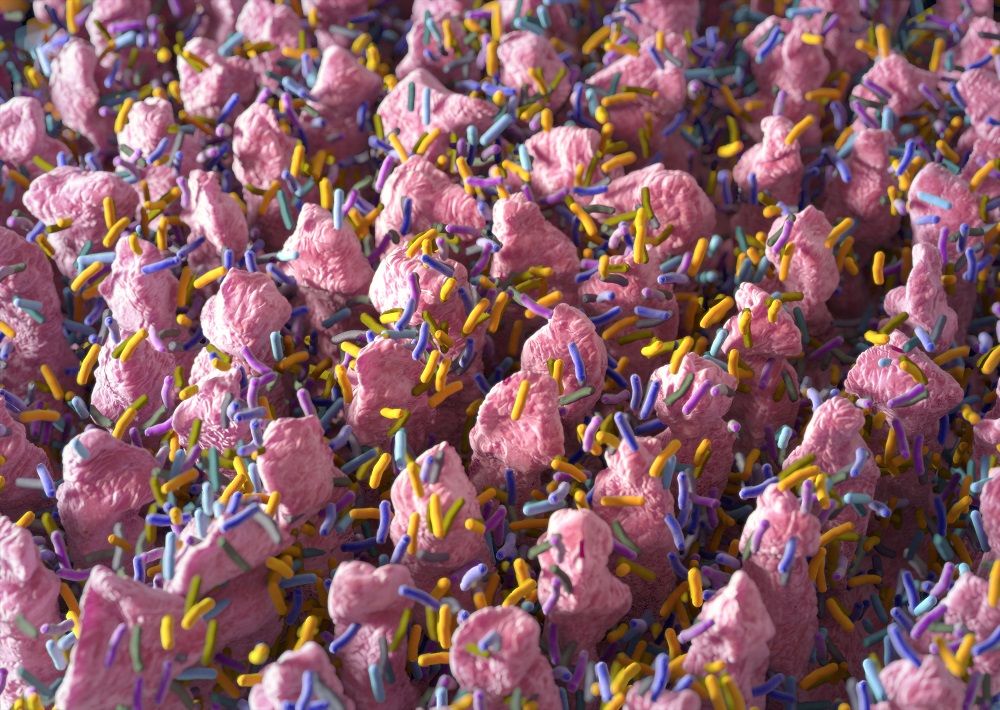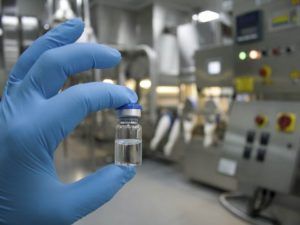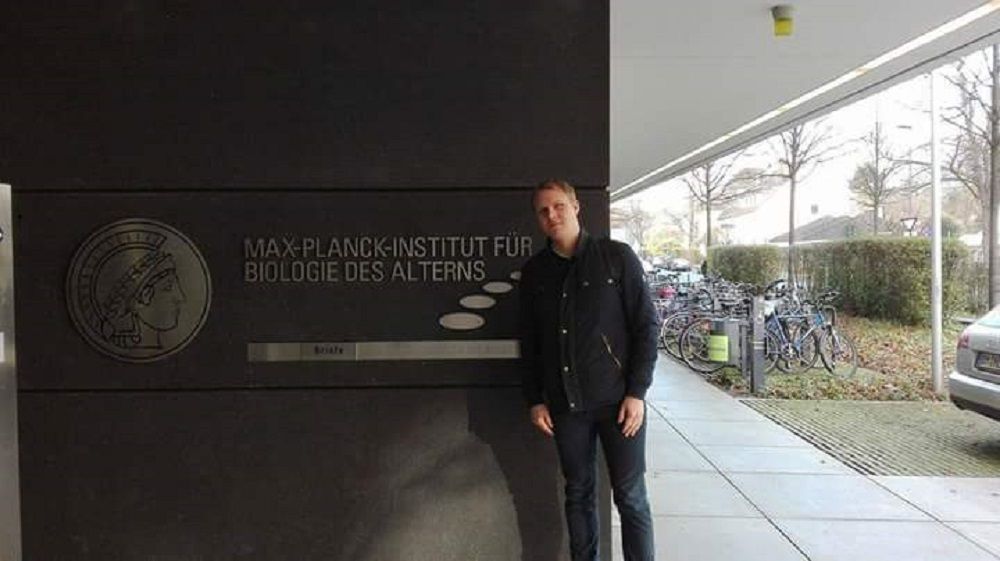Cold plasma looks like the glow from the “Star Wars” blue lightsaber but this beam of energy, made of electrons that change polarity at micro-second or nanosecond speeds, could help bones heal faster, according to a study published August 11th in the Journal of Tissue Engineering and Regenerative Medicine.
Most people interact with plasma every day. It’s in our TVs, fluorescent lights, lightning, the aurora borealis, and the sun. However, these are all examples of hot or “thermal” plasmas. Since the discovery of cold plasma, about 20 years ago, it has been used in agriculture to sterilize the surface of fruit without damaging the delicate edibles. More recently, scientists have been performing experiments treating living animal cells and tissues with cold plasma to learn more about its potential applications in medicine.
“We’ve previously studied how different applications of cold plasma can either directly kill cells, such as in skin cancer, or help them grow, as in developing bones. In this study, we asked how cold plasma would affect the area surrounding cells, known as the extracellular matrix,” says lead author Theresa Freeman, Ph.D., Associate Professor in the Department of Orthopedic Surgery in the Sidney Kimmel Medical College at Thomas Jefferson University. The extracellular matrix around cells is made of collagen and other proteins that interact with the cells and can influence their growth and behavior. For example, the extracellular matrix can either promote or inhibit bone formation or cancer cell growth and metastasis.









